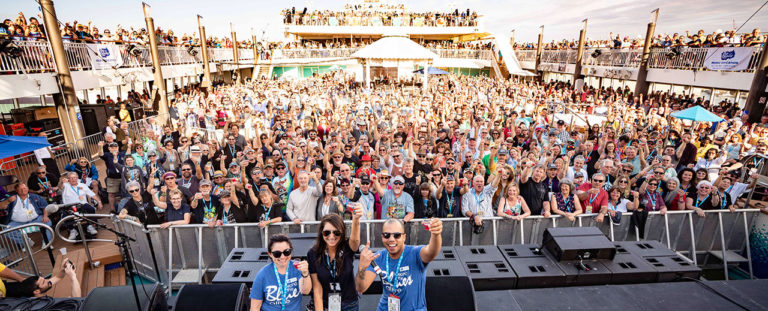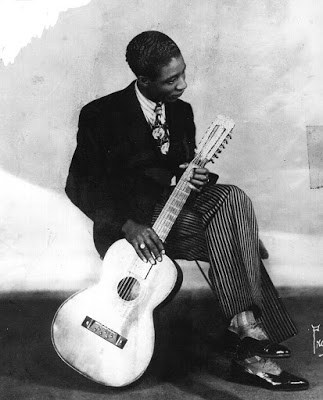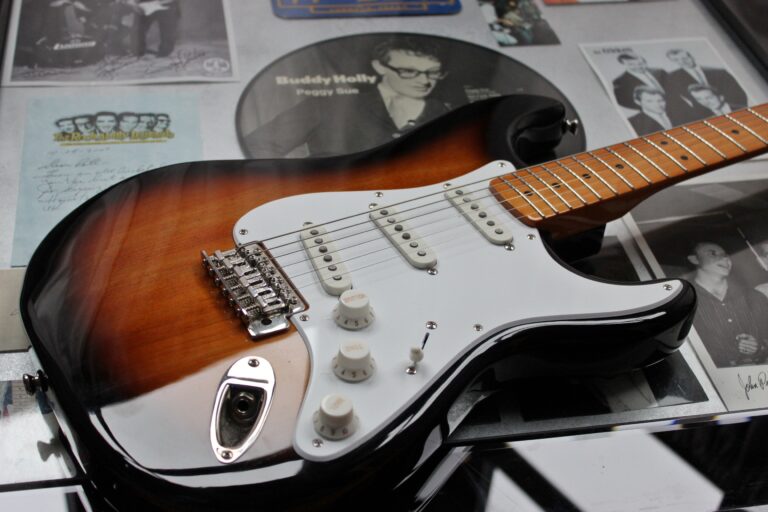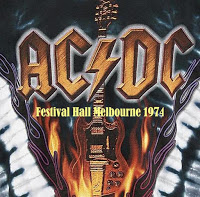When blues stars were pop stars.
And why we prefer blues to pop music.
Because the title of this blog is Paul Merry Blues, it’s easy to assume blues is the only music I’m interested in. Nothing could be further from the truth.
People have referred to me as Mr Bluesman, something I’m definitely not, though I did buy my first Albert King LP aged 14; so, I’ve been listening to blues for 55 years, dare I say, and playing amateur blues guitar for about 30 years.
I even remember when Taj Mahal, aged just 15, was being promoted on BBC radio as the last of the bluesmen. That’s how far we go back. But, never have I listened solely to blues.
Just observing … Before continuing, let me observe that in America, it seems people mostly refer to blues as ‘the blues’. In Britain, I’m sure we just call it ‘blues’. Both ways are right by me; and so is much of the pop music on the radio. I just wish they wouldn’t rotate the same songs so much.
Pop music is cool because it evolved directly from blues. Indeed, all types of popular music, as I say in my book, evolved from blues. It was, of course, exploring and researching the source of rock and blues music that got me into writing about blues history in the first place, and back writing about music after a 50 year hiatus.
But let’s go even further back. Here’s Buddy Holly from 1958 with his pop classic, ‘Raining In My Heart’?
The difference between pop and blues, you’ll agree, is most pop tracks we hear are singles that charted. So, we’re getting the absolute cream of millions of songs released over the last 60 or 70 years.
(According to the Penguin Encyclopaedia, pop music came about in the 1950s, inaugurated by rock ‘n’ roll.)
Even so, if a pop track comes on the radio, don’t we we either (a) enjoy it, (b) put up with it or (c) hate it and change channel? The difference is: when a blues track comes on, us blues lovers will generally enjoy it, regardless of artist, style or era.
Since rock ‘n’ roll is, arguably, supercharged blues, I’ve included five rock ‘n’ rollers in my ten most influential 50s pop stars.
Rock ‘n’ rollers and rocking blues singers, as mentioned, were not only pop stars back then, they were our first pop stars. The genres were interchangeable, too, just as ragtime, blues and jazz were up to the early 1920s.
Just to add a bit of variation, let’s split my most influential 1950s pop artists into rock ‘n’ roll – and pure, unadulterated pop.
1950s rock ‘n’ roll pop influences.
The world had heard nothing like it before. Pockets of black America may have witnesses such rocking blues music, but few people anywhere else.
To me, the artists below simply built the bridge from blues to pop. So, here are my five rock ‘n’ roll game changers in no particular order. Of course, there were many more, but how long have you got?
Chuck Berry. One of the finest pop lyricists yet. Even so, Chuck’s fabulous rocking guitar style had been heard before Chuck ever recorded – on ‘Rock Awhile’ by Houston’s Goree Carter in 1949.
Elvis Presley. Elvis was the biggest pop craze of the 50s. His raw rock ’n’ roll vocals, recorded at Sun Records before being conscripted in 1958, set a benchmark never bettered. But as John Lennon said, “Elvis died when he went into the army”.
Lonnie Donegan. In 1955, Lonnie hit No. 8 on U.S. and U.K. pop charts with his up-tempo skiffle-blues version of ‘Rock Island Line’, a 1929 song later made famous by Lead Belly. Lonnie’s brand of skiffle-style rock ’n’ roll influenced countless UK bands, from the Beatles and Stones to Led Zeppelin and Queen.
The following comments, from Wikipedia, may explain to Americans what Lonnie’s doing in this section. Donegan, incidentally, borrowed his Christian name from blues great, Lonnie Johnson, after watching Johnson perform in London.
• “He was the first person we had heard of from Britain to get to the coveted No. 1 in the charts, and we studied his records avidly. We all bought guitars to be in a skiffle group. He was the man.” – Paul McCartney
• “He really was at the very cornerstone of English blues and rock.” – Brian May.[2]
• “I wanted to be Elvis Presley when I grew up, I knew that. But the man who really made me feel like I could actually go out and do it was a chap by the name of Lonnie Donegan.” – Roger Daltrey
• “Remember, Lonnie Donegan started it for you.” – Jack White’s acceptance speech at the Brit Awards.[10]
The Crickets. This was a rock band led by Buddy Holly, a musical colossus who bridged the pop divide between innovative rock ’n’ roll and gorgeous pop ballads. The first to play lead on the iconic solid-body Fender Stratocaster electric guitar, it was Buddy and his Strat (both with the Crickets, and solo) that first inspired Eric Clapton. Buddy Holly, in turn, was inspired to perform after watching Elvis live. It all connects, doesn’t it?
Unlike Elvis, Buddy wrote all his own hits, releasing his ballads under his own name, and his more rock ’n’ roll numbers with the Crickets. I’ve put Buddy Holly in my pop section too. In my mind, he was that influential
You might be surprised to know the band was never billed as Buddy Holly and the Crickets until after Buddy’s premature death in 1959 at just 23. At the time, they were simply the Crickets.
Bo Diddley. I chose Bo Diddley over Little Richard and Jerry Lee Lewis simply because I’m more into electric guitar rock ‘n’ roll, blues (and pop) than piano rock ‘n’ roll, blues (and pop).
Bo’s classic pop hits include such rock classics as ‘Mona’, ‘Who Do You Love’, ‘Before You Accuse Me’ and ‘Hey, Bo Diddley’, said to be the first song to introduce African rhythms to the pop charts.
Bo’s famous guitar riff surfaced again in 1964, when the late Buddy Holly’s 1956 ‘Hey, Bo Diddley’ cover spent 12 weeks in the UK charts, peaking at number four.
Check out Bo playing his legendary riff in the clip below. He’s backed by his excellent band including guitarist, Norma-Jean Wofford, known as The Duchess.
1950s pure pop influences.
Buddy Holly. Buddy wrote and sang sophisticated songs way ahead of their time and was so talented I’ve put him in twice. Buddy was equally as influential than Elvis, I’d claim, even though his short three year career was just a fraction of the King’s.
Unlike Elvis, Buddy wrote all his own hits, releasing his ballads under his own name, and his more rock ’n’ roll numbers with the Crickets.
Connie Francis. New Jersey’s Connie Francis had more number one hits in Britain than in the USA, but was a major 50s icon and influence in the USA none-the-less. Her classic ‘Lipstick On Your Collar’ featured the unsung, but brilliant, electric blues pioneer, George Barnes on lead guitar.
Connie spent six weeks atop the UK pop charts in 1958, and reached number three on the America charts, with ‘Who’s Sorry Now’, a song written in 1923, proveing a good pop song is a good pop song no matter how old it is. Connie’s Who’s Sorry Now also spent 22 weeks on the Billboard Hot 100 chart.
Sam Cooke. Sam Cooke had 30 major pop hits in America alone between 1957 and 1964, when he was shot dead aged 33. According to AllMusic, Sam Cooke invented soul music and is rated by AllMusic as the most important soul singer in history. You can’t get higher praise than that. And you don’t get much better pop than what’s below.
Ray Charles. If Sam Cooke was soul’s most important pop star, Ray Charles was soul’s most important pop pioneer. From 1952 right through the 50s, it was Ray’s soulful mix of blues, jazz, gospel, rhythm and blues and country that labelled him a genius. Ray’s best known tune, however, is his 1962 cover of Don Gibson’s 1958 country hit, ‘I Can’t Stop Loving You’. Ray Charles may have spent five weeks on top of the Billboard pop chart in 1962, but it was his 1950s pop career that made his name.
Fats Domino. Another pioneer of rock ‘n’ roll who’s in my pop basket simply because, to me, his laid-back style was simply irresistible pop music. While Fats had 37 American Top 40 hits, none made it to number one. Ain’t that a shame?
Next time, my ten biggest blues rock and rock pop influences of the 1960s.







Hello,
I truly enjoyed this article more than I can tell you. I was disappointed that my father, Frank Melrose was never mentioned, He was the younger brother of Lester and Walter. In checking out some other jazz sites it really upset me to see how many songs that my father wrote that Lester was claimed as the writer. I have a booklet that I received from Mike Montgomery, record collector, called Jazz Lives. It was written in 1947. The whole thing is about my father, no one else. My uncles, Walter and Lester never mention the fact that they recorded him. Like Morton,,This really tears me up,,They claimed most of music that he wrote and played. He died a poor man because he received no rights to so much of his music. My mother, Frances lived to be 81. She lived with me the last 10 years and was very “with” it when she passed. I spent hours listening to my mother’s stories about my father.
There is so much more that I learned,,A lot more!!! I thank you so much for this article.
Sincerely,
Ida May Melrose
I am 84 years old and the Lord has walked with me every step of the way!
Hi Ida. Again, thanks for your feedback. I’m sorry your father wasn’t mentioned in the article but I had no idea of his contribution to Lester’s music. I do know producers like Lester usually claimed writing credits for songs others had written. If you can give me details of the songs Frank wrote I’ll certainly do an article to put the record straight. I’ll email you with my email address.